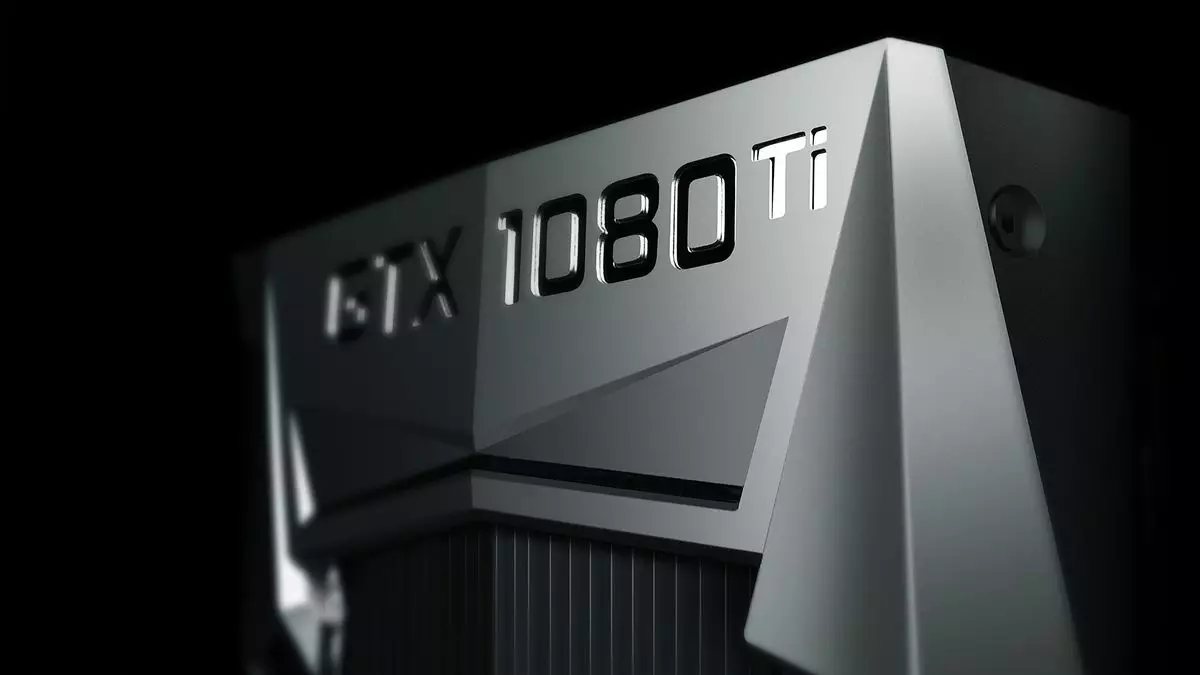The world of PC gaming and graphics processing has witnessed tremendous shifts in technology, notably marked by the evolution of Nvidia’s GPU architectures. The recent announcement from Nvidia regarding the upcoming deprecation of support for Maxwell (GTX 9-series) and Pascal (GTX 10-series) architectures has set the gaming community abuzz. This strategic shift, articulated in the CUDA Toolkit update 12.8 released notes, indicates a significant turning point for many gamers who have relied on these generations of graphics cards.
The Maxwell and Pascal architectures are revered among PC gamers for their balance of price and performance, marking a golden age for affordable gaming. Cards like the GTX 970, 980 Ti, 1060, and 1080 Ti have become iconic not just for their capabilities but for the vibrant gaming experiences they facilitated. The GTX 1060 continues to be noteworthy, as evidenced by its dominance in the Steam Hardware Survey as late as March 2022, reflecting a persistent preference among gamers despite the influx of newer hardware options. Such statistics underscore the legacy these cards have built over time, cementing them in the memories of many players.
Nvidia’s decision to freeze support for these architectures reveals an interesting trend concerning user bases. As of the latest Steam Hardware Survey, Maxwell and Pascal cards accounted for approximately 10.75% of all GPUs reported, a testament to their enduring appeal in the market. While Nvidia has yet to provide definitive timelines for the cessation of driver updates for these models, historical patterns suggest that support could extend several years, mirroring the path taken by the now-deprecated Kepler architecture.
Looking back at Nvidia’s historical approach reveals valuable insights. The Kepler architectures, which powered the GTX 7-series GPUs, faced their CUDA deprecation around late 2019, with the final driver updates concluding in 2021. This trajectory indicates that enthusiasts still clinging to their aging hardware may have a reasonable window of continued support—potentially into 2026 for Maxwell and Pascal users. Given the vast install base and continued use of these architectures, Nvidia’s history suggests a sense of loyalty to their consumer base that could prolong the usability of these GPUs.
Despite the rapid advancement of technology, the relevance of older graphics cards persists. The GTX 980 Ti, for instance, remains a formidable contender with unique features, including the ability to support an analogue DVI port—a feature coveted by retro enthusiasts investing in CRT setups. While this use case may not reflect the mainstream gaming landscape, it highlights the notion that legacy hardware can still fulfill niche demands. Additionally, with the availability of adapters, even gamers with outdated setups can find ways to enjoy their systems in new ways.
As we see Nvidia shift gears towards supporting newer architectures, the impending retirement of the Maxwell and Pascal families feels like a bittersweet farewell for many. These cards have fostered vibrant gaming communities and made high-quality gaming experiences accessible to countless users. While the announcement portends changes in Nvidia’s support policies, it is essential to acknowledge the impact these generations of GPUs have had. Whether Nvidia continues to provide driver support for an extended period or not, the legacy of the GTX 9 and 10-series will be cherished by gamers for years to come. The focus now turns to how Nvidia will shape the future of gaming with its next wave of GPU technology while honoring the past contributions of their well-loved older cards.

